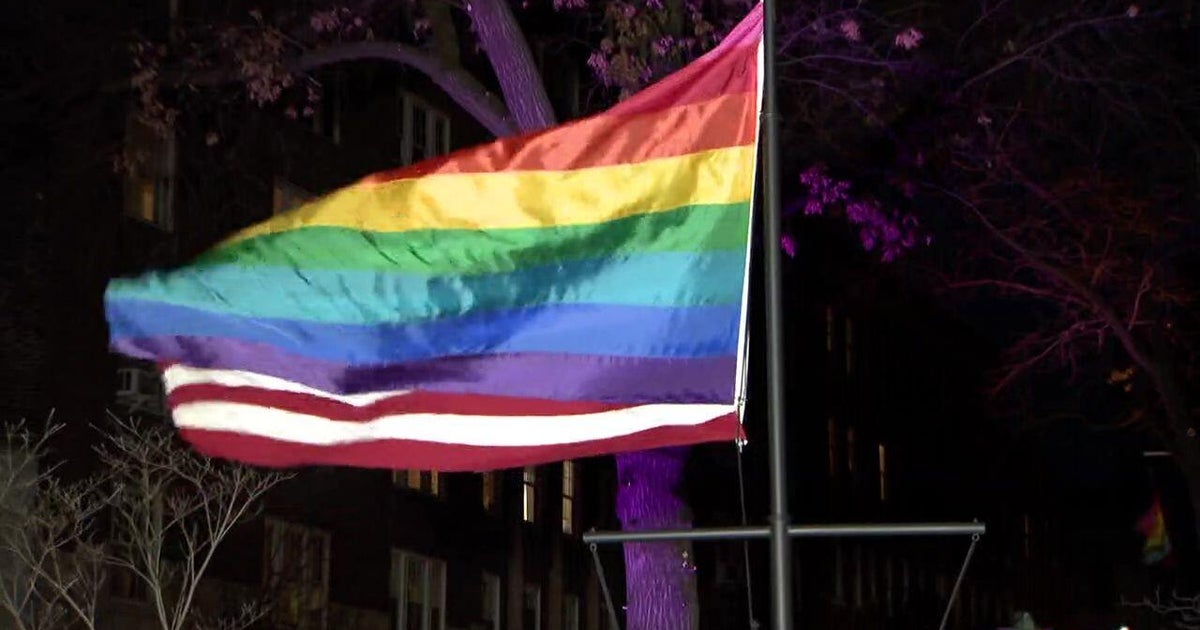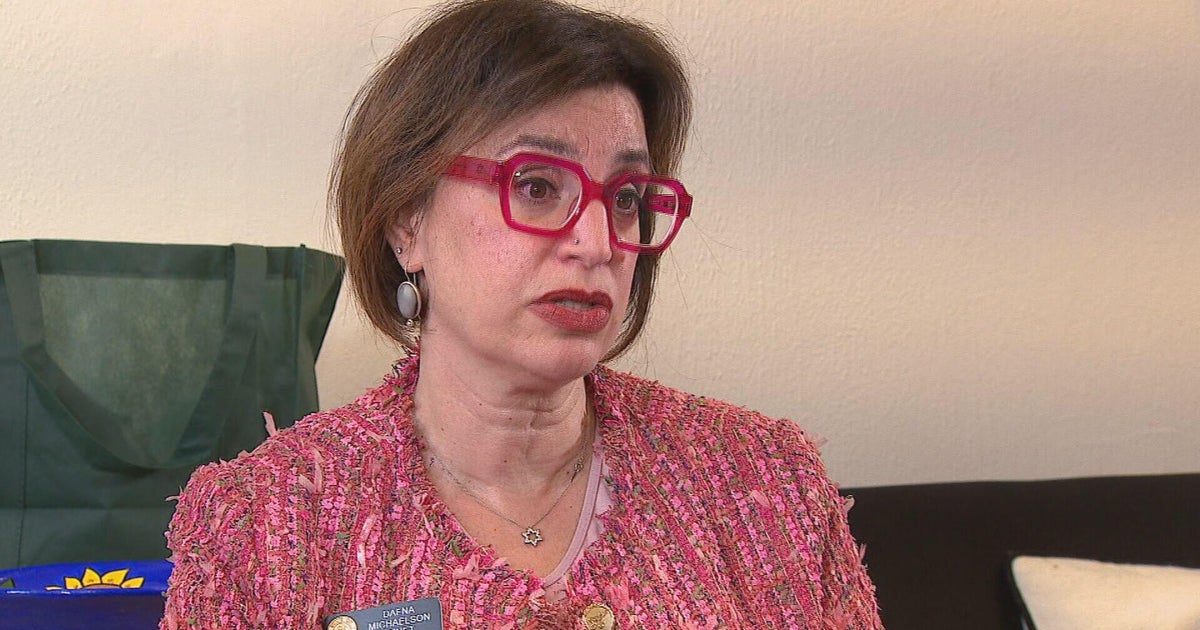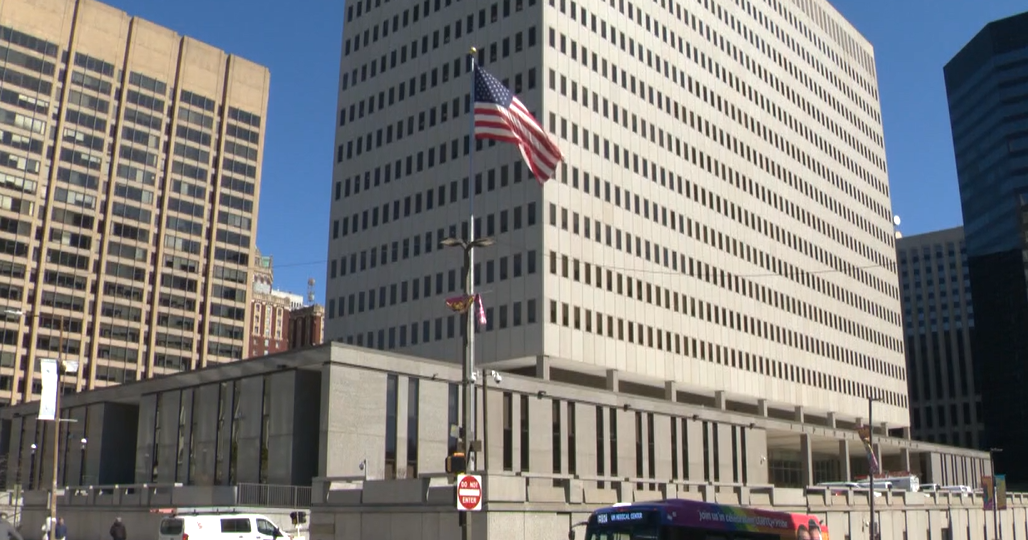State Of The Union Address
WASHINGTON (AP) -- Pleading for unity in a newly divided government, President Barack Obama implored Democratic and Republican lawmakers to rally behind his vision of economic revival for an anxious nation, declaring in his State of the Union address Tuesday night: "We will move forward together or not at all."
To a television audience in the millions, Obama addressed a Congress sobered by the assassination attempt against one if its own members, Rep. Gabrielle Giffords. Her seat sat empty, and many lawmakers of competing parties sat together in a show of civility. Yet differences were still evident, as when Democrats stood to applaud his comments on his health care law, while Republicans sat mute next to them.
In his best chance of the year to connect with the country, Obama devoted most of his prime-time address to the economy, the issue that dominates concern in a nation still reeling from a monster recession - and the one that will shape his own political fortunes in the 2012 election.
The president unveiled an agenda of carefully balanced political goals: a burst of spending on education, research, technology and transportation to make the nation more competitive, alongside pledges, in the strongest terms of his presidency, to cut the deficit and smack down spending deemed wasteful to America.
In one new example, Obama said he would veto any bill with earmarks, the term used for lawmakers' pet projects. That drew a rebuke from his party even before he spoke, as Senate Majority Leader Harry Reid, D-Nev., said the president had "enough power already" and that plans to ban earmarks were "a lot of pretty talk."
Obama's proposals Tuesday night included cutting the corporate tax, providing wireless services for almost the whole nation, consolidating government agencies and freezing most discretionary federal spending for the next five years. In the overarching theme of his speech, the president told the lawmakers: "The future is ours to win."
Yet, Republicans have dismissed his "investment" proposals as merely new spending.
Republican Rep. Paul Ryan of Wisconsin, giving the GOP's response, said the nation was at a "tipping point" leading to a dire future if federal deficits aren't trimmed. Ryan was to promote budget cuts as essential to responsible governing, speaking from the hearing room of the House Budget Committee, which he now chairs.
Obama entered the House chamber to prolonged applause, and to the unusual sight of Republicans and Democrats seated next to one another rather than on different sides of the center aisle. And he began with a political grace note, taking a moment to congratulate the new Republican speaker of the House, Rep. John Boehner.
Calling for a new day of cooperation, Obama said: "What comes of this moment will be determined not by whether we can sit together tonight but whether we can work together tomorrow." On a night typically known for its political theater, the lawmakers sometimes seemed subdued, as if still in the shadow of the Arizona shootings.
© 2010 The Associated Press. All rights reserved. This material may not be published, broadcast, rewritten or redistributed







